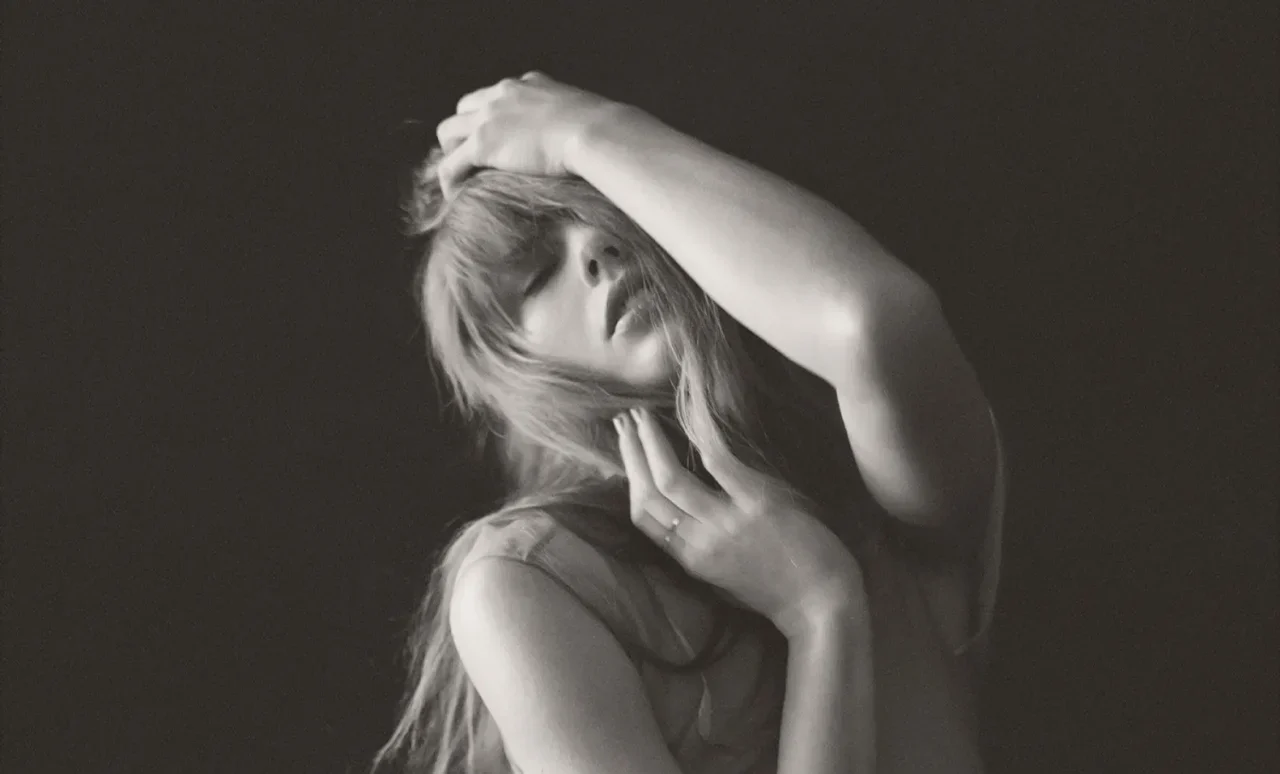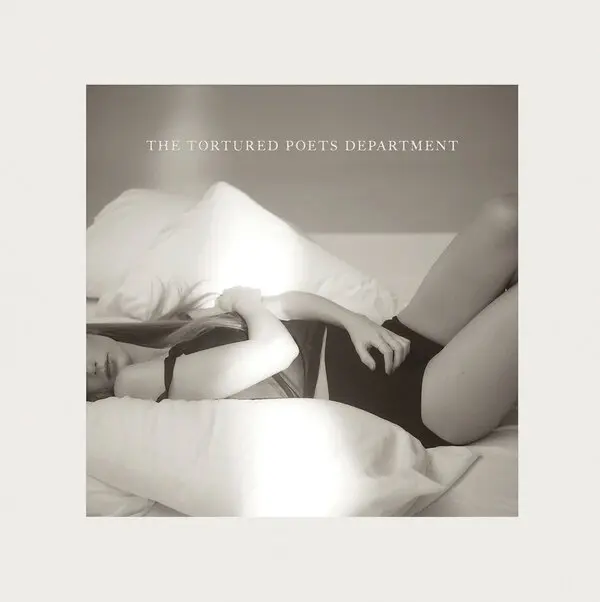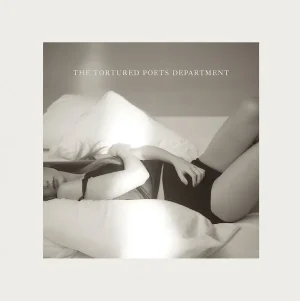Taylor Swift – The Tortured Poets Department

Taylor Swift’s 11th studio album, a series of lyrical streams of consciousness, carries her signature poetic and specific songwriting that has garnered her many loyal fans over the years. She adeptly conveys universal phenomena such as falling in and out of love, heartbreak and the constant struggle for respect and recognition, themes that resonate deeply with her diehard listeners.
However, this new instalment in her discography is a somewhat underwhelming surprise. Her usual inclination to personal and detailed lyricism has hit a point of excess, with long-winded and unnecessary words throwing the melodies off-track. There’s a distinct dissonance between the flow of music and her lyrical delivery in this record. This album’s repetitive production and muddled lyricism and may indicate that Swift’s long-term collaboration with producers Jack Antonoff and Aaron Dressner could benefit from fresh influences.
The Tortured Poets Department presents a point of stagnation in Swift’s evolution as an artist, as is evident from the first track, Fortnight. Featuring Post Malone, his vocals provide a nice undercurrent for Swift, but the familiar production disappoints by sounding too similar to Midnights and 1989 (Taylor’s Version). Swift has always been innovative when it comes to genres, but this album’s continued reliance on synth overshadows her musical evolution. The title track, The Tortured Poets Department follows suit. With such a heading, one might expect a fresh new sound and new forms of storytelling, but the song merely offers a satirical look at pretentious songwriters who liken themselves to poets. There’s a degree of self-awareness here for Swift in regards to the similarities she to the men she writes about, branding the subjects and herself “modern idiots”.
This lack of new narratives in Swift’s writing is particularly obvious in But Daddy I Love Him. Swift usually includes a track of pure storytelling, metaphorically reflecting her experiences. In The Tortured Poets Department, this task is given to But Daddy I Love Him, a tale of forbidden love her long-time listeners will find familar. It marvels at the chaos brought forth by a relationship the public heavily disapproves of. The song’s tone is firmly defiant, echoing other tracks that allude to her brief romance with The 1975’s Matt Healy – Guilty As Sin, I Can Fix Him (No Really I Can) and The Smallest Man Who Ever Lived. These songs explore the public uproar against their relationship, her strong stance against constant berating from fans – highlighted in lines such as “Too high a horse / For a simple girl to rise above it” – and finally, learning the lesson everyone has been trying to tell her. Here, she exhibits strength and reasons her independence. She carries this same bravado through I Can Do it With a Broken Heart, where Swift is at her most honest. The contrast between the chorus’s upbeat energy, and the genuine frustration, sadness and irritation in the lyrics is striking, heavily reflecting her experiences during the public break-up with Joe Alwyn at the height of her Eras tour.
Finally, if there’s any song that firmly depicts the title of a tortured poet, it’s Clara Bow. The song is an analysis of the struggles women within the industry face, constantly compared to each other. It’s very reminiscent of The Lucky One, her 13th track from Red, even ending on a similar note. The Lucky One talks of an artist taking over the bright lights of fame and then fading into obscurity before Swift comes in and takes her place. Clara Bow starts with “You look like Clara Bow,” and closes with “You look like Taylor Swift,” coming full circle to this idea of women and their art as something easily replaceable.
Swift has always broken the mould of her career, whether writing the entirety of Speak Now solo, abruptly switching from country to pop or the surprise drops of folklore and evermore. While there are some gems in The Tortured Poets Department, this record doesn’t quite compare to any of the artist’s previous work. There’s a certain degree of overexposure to the same-sounding production and lengthy lyricism when it comes to Swift, and this album emphasises that now more than ever. It might be beneficial for Swift to step back and find something new to revitalise her music going forward.
Mae Trumata
Image: Beth Garrabrant
The Tortured Poets Department is released on 19th April 2024. For further information or to order the album visit Taylor Swift’s website here.
Watch the video for the single Fortnight here:




























Facebook
Twitter
Instagram
YouTube
RSS